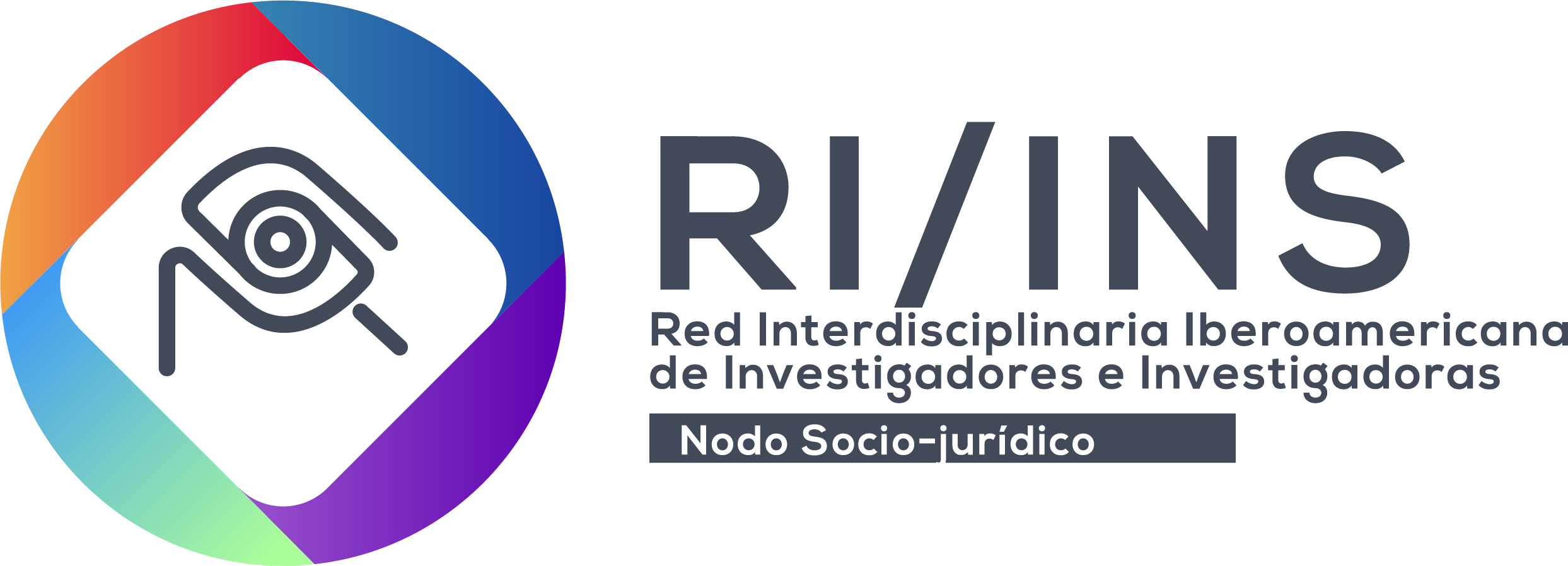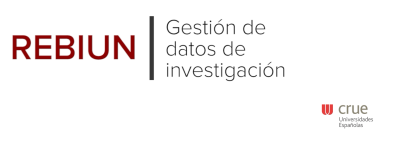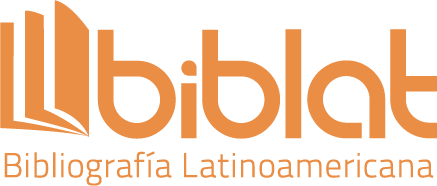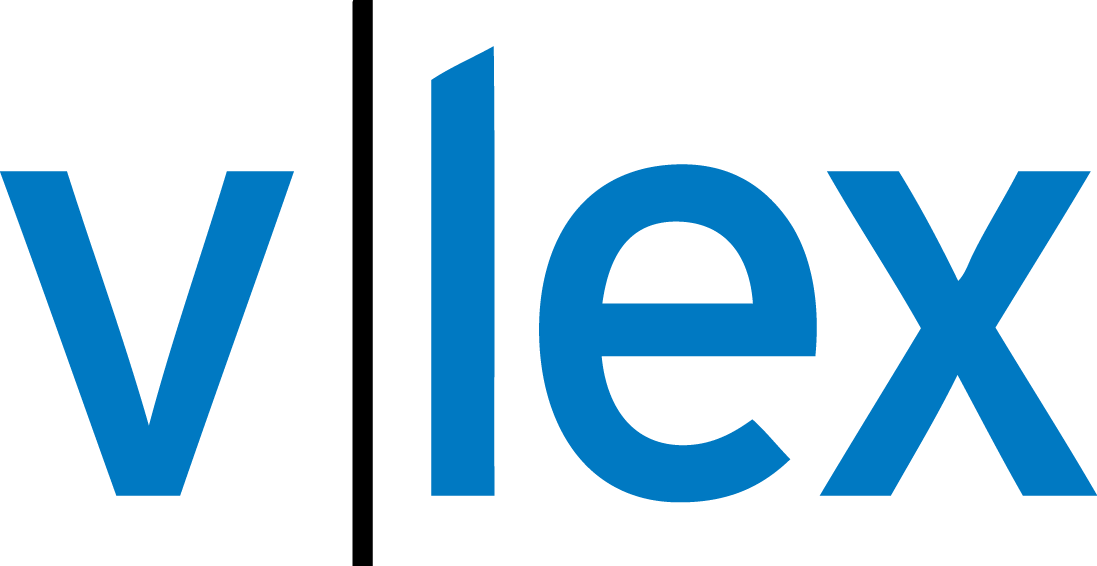Innovation in teaching practices and development of digital competencies at Jean Jacques Rousseau University
DOI:
https://doi.org/10.62407/rces.v3i5.138Keywords:
Digital competencies, educational innovation, teaching practices, emerging technology, higher educationAbstract
This article examines the implementation of innovative teaching practices at Jean Jacques Rousseau University (UNIJJAR) to develop key digital competencies in students. Through a comparative analysis of successful cases at leading universities such as Stanford, Harvard, and Cambridge, methodologies such as project-based learning (PBL) and the flipped classroom are explored, highlighting their effectiveness in improving academic performance and digital literacy. The results suggest that integrating emerging technologies such as artificial intelligence and augmented reality can transform higher education, making it more interactive and personalized. The study also addresses a legal gap in Nicaraguan legislation related to the regulation of technology use in higher education, proposing pedagogical solutions. Significant challenges were identified, such as the need for investment in technological infrastructure and continuous teacher training. Creating a pedagogical innovation center at the university is recommended to lead the adoption of new technologies and educational methodologies, along with implementing a continuous evaluation system that allows teaching practices to be adjusted and optimized based on feedback from students and faculty. The effective application of these recommendations will prepare students for an increasingly digitalized and competitive job market.
Downloads
References
Akgun, S., & Greenhow, C. (2021). Artificial intelligence in education: Addressing ethical challenges in K-12 settings. AI And Ethics. https://doi.org/10.1007/s43681-021-00096-7
Aretio, G. (2024). El aula invertida como estrategia didáctica (Lo + de RIED-46). Contextos Universitarios Mediados. https://doi.org/10.58079/w50w
Baltakmens, A. (2023). Students build augmented reality experiences with devices from iPads for Learning program. Stanford University. https://news.stanford.edu/stories/2023/06/students-build-augmented-reality-experiences-devices-ipads-learning-program
Bergmark, U. (2020). Teachers’ professional learning when building a research-based education: context-specific, collaborative and teacher-driven professional development. https://doi.org/10.1080/19415257.2020.1827011
Cordis, C. (2021). La ética en el centro de las tecnologías emergentes. European Commission. https://cordis.europa.eu/article/id/429747-placing-ethics-at-heart-of-emerging-technologies/es
Cruz Rodríguez, E. (2019). Importancia del manejo de competencias tecnológicas en las prácticas docentes de la Universidad Nacional Experimental de la Seguridad (UNES). https://www.redalyc.org/journal/440/44057415013/html/
Educación 3.0 (2018). Diferencias entre gamificación y Aprendizaje Basado en Juegos. https://www.educaciontrespuntocero.com/noticias/gamificacion-y-aprendizaje-basado-en-juegos/
Esquematízate Editorial. (2024). Nuevas tendencias educativas: Adaptando la enseñanza. Editorial Esquematízate. https://editorial-esquematizate.es/adaptar-ensenanza-tendencias-educativas/
Euroinnova Business School. (2024). Nociones básicas para empezar con buen pie. https://www.euroinnova.com/blog/herramientas-de-la-nube
Garrison, D. R., & Vaughan, N. D. (2018). Blended Learning in Higher Education. https://books.google.ca/books?id=UhYnZbYhDl0C&printsec=frontcover&source=gbs_ge_summary_r&cad=0#v=onepage&q=face&f=false
Harvard University. (2023). Certificado Profesional en Ciencia de Datos. https://pll.harvard.edu/series/professional-certificate-data-science?formCode=MG0AV3
Impulso_06. (2024). Ética en las tecnologías disruptivas. https://impulso06.com/etica-en-las-tecnologias-disruptivas/
Levano-Francia, L., Diaz, S. S., Guillén-Aparicio, P., Tello-Cabello, S., Herrera-Paico, N., & Collantes-Inga, Z. (2019). Competencias digitales y educación. Propósitos y Representaciones. https://revistas.usil.edu.pe/index.php/pyr/article/view/328/665
Ley de protección de datos personales (2012). Asamblea Nacional de la República de Nicaragua. http://legislacion.asamblea.gob.ni/normaweb.nsf/9e314815a08d4a6206257265005d21f9/e5d37e9b4827fc06062579ed0076ce1d
Ley general de educación. (2006). Asamblea Nacional de la República de Nicaragua. http://legislacion.asamblea.gob.ni/normaweb.nsf/($All)/B2FBC86E5FD975420625755B00765A99
Ley No. 1003, Ley del digesto jurídico nicaragüense de la materia de telecomunicaciones y servicios postales. (2019). Asamblea Nacional de la República de Nicaragua. http://legislacion.asamblea.gob.ni/normaweb.nsf/9e314815a08d4a6206257265005d21f9/b1efb2e76c0e760f062584e70078565e?OpenDocument
Marcolueg. (2024). La Realidad Virtual en la Educación. Virtual Arena. https://virtualarena.tech/realidad-virtual-en-la-educacion/
Mejía, M., López, J., & García, R. (2021). Impacto de la realidad aumentada en la educación y la formación profesional. ITDO Blog. https://www.itdo.com/blog/impacto-de-la-realidad-aumentada-en-la-educacion-y-la-formacion-profesional/
Parlamento Europeo y el Consejo de la Unión Europea. (2016). Reglamento General de Protección de Datos (GDPR) https://www.boe.es/doue/2016/119/L00001-00088.pdf
Rodríguez, C. A. V., Mena-Guacas, A. F., Tobón, S., & López-Meneses, E. (2022). Digital Teacher Competence Frameworks Evolution and Their Use in Ibero-America up to the Year the COVID-19 Pandemic Began: A Systematic Review. International Journal of Environmental Research and Public Health. https://doi.org/10.3390/ijerph192416828
Sánchez, R. (2022). Aprendizaje basado en proyectos: Impacto en el grado de adquisición de contenidos, competencias y habilidades en alumnos de primaria y secundaria en un contexto de enseñanza bilingüe. Universidad de Córdoba, UCOPress. https://helvia.uco.es/xmlui/handle/10396/22731
SEK Education Group, Universidad Camilo José Cela, & ThinkYoung aisbl. (2018). The Future of University Education. https://ucjc.edu/pdfs/files/global-education-forum-the-future-of-university-education.pdf
Setren, E., Greenberg, K., Moore, O., & Yankovich, M. (2021). Efectos de la enseñanza en aula invertida: evidencia de un ensayo aleatorio. MIT Press Direct. https://doi.org/10.1162/edfp_a_00314
Thompson, V. (2024). Using AI for Equitable Lesson Planning. ISTE. https://iste.org/blog/using-ai-for-equitable-lesson-planning
Universidad U-Tad. (2023). Aprendizaje basado en juegos. Centro Universitario de Tecnología y Arte Digital. Universidad U-tad. https://u-tad.com/aprendizaje-basado-en-juegos/
Urbina, A. A. N. (2022). MOOC en la educación superior: evolución en la formación docente. International Journal Of Developmental And Educational Psychology Revista INFAD de Psicología. https://doi.org/10.17060/ijodaep.2022.n1.v1.2400
Viteri, C. (2023). Estrategias de enseñanza aprendizaje en línea: un análisis comparativo de plataformas de gestión del aprendizaje. Nexus Research Journal. https://editorialinnova.com/index.php/nrj/article/view/10/198
Downloads
Published
How to Cite
Issue
Section
License

This work is licensed under a Creative Commons Attribution-NonCommercial-ShareAlike 4.0 International License.



















